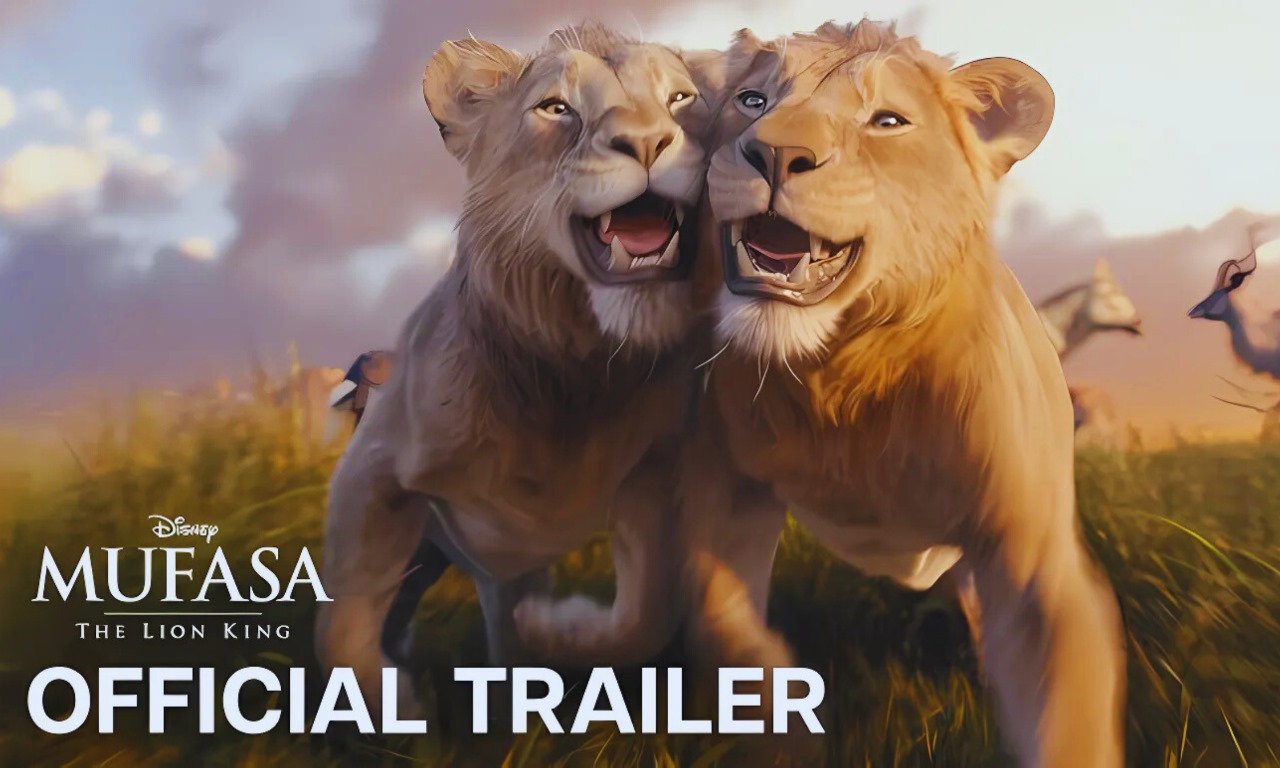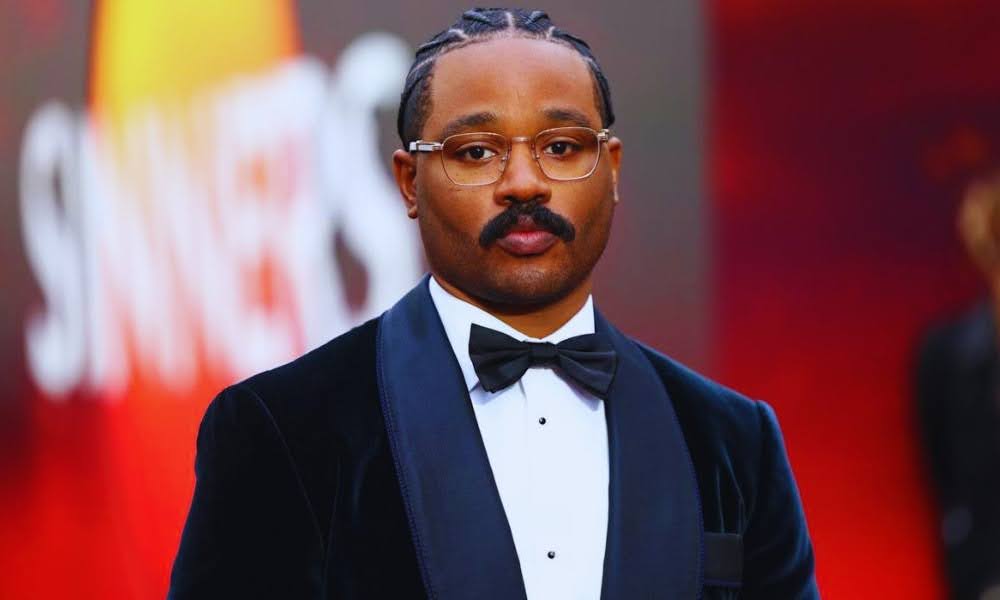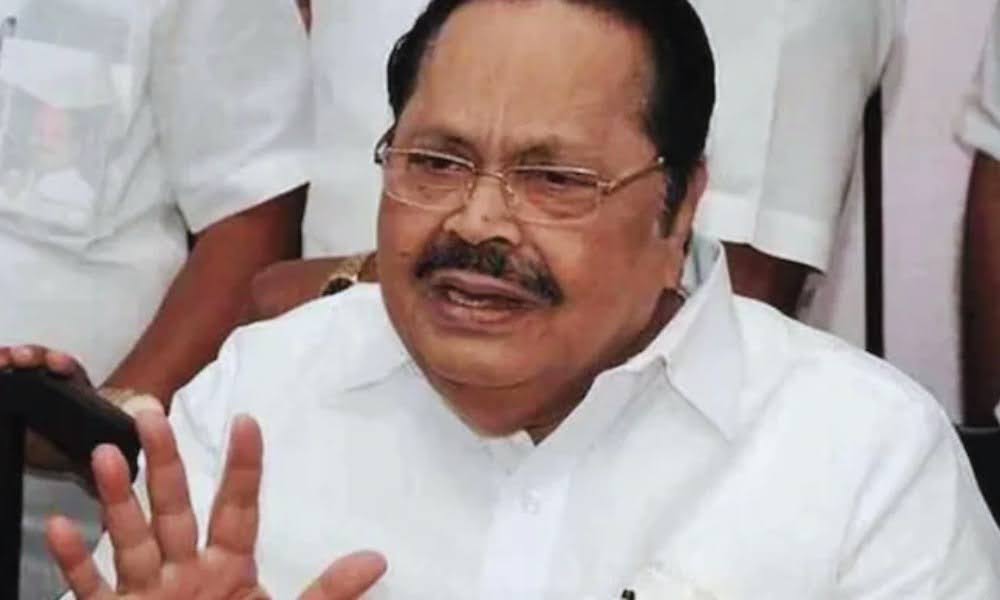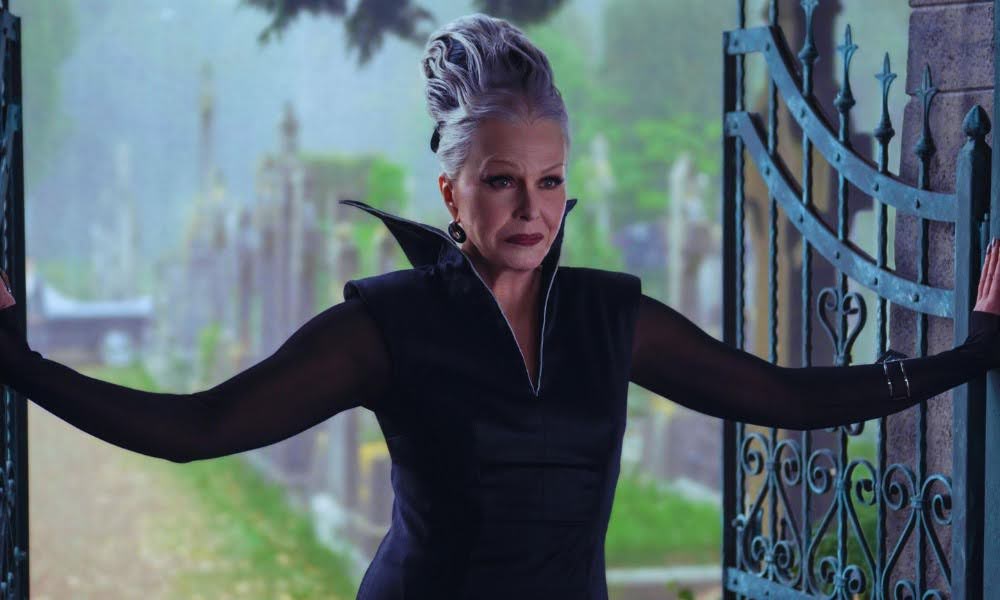Mufasa: The Lion King Reimagined – A Tale of Origins, Royalty, and Redemption

Disney’s “Mufasa: The Lion King” delivers a layered narrative that intertwines family, power struggles, and societal dynamics.
Directed by Barry Jenkins, the prequel to the iconic “The Lion King” explores the formative years of Mufasa, blending poignant storytelling with breathtaking visuals. Here’s a deep dive into what makes this animated masterpiece stand out.
A Tale of Power and Prejudice
Obasi (voiced by Lennie James), the Pride’s reigning king, embodies a deeply ingrained toxic masculinity.
His initial reluctance to welcome Mufasa (Aaron Pierre) into the pride—despite Queen Eshe’s (Thandiwe Newton) insistence—sets the tone for a tale steeped in power dynamics.
As Obasi warns his biological son Taka (Kelvin Harrison Jr.), “One day, he will betray you. That is what strays do,” a wedge is planted between the foster brothers.
Mufasa’s interactions are limited, as Obasi enforces his segregation from the pride’s male members.
Meanwhile, Taka grows close to Mufasa, but Obasi’s looming presence and divisive rhetoric threaten to destabilize their bond.
The tension culminates when the Pride faces an external threat from the Outsiders, a group of White Tigers, which challenges the foundation of their unity.
The Outsiders and the Call for Unity
The Outsiders, led by the enigmatic Kiros (Mads Mikkelsen), overthrow Obasi’s rule, adding an urgent external conflict. This takeover prompts Mufasa and Taka to flee, facing trials that test their bond.
As the brothers struggle to navigate their new reality, Mufasa’s inner strength and intuitive prowess begin to surface under Queen Eshe’s guidance.
The Outsiders represent societal outcasts, ostracized for their differences. In a pivotal moment, Rafiki (John Kani) explains to Kiara, Simba and Nala’s daughter, “Outsiders are from many prides.
When they are born, they are hated because they are different.” This narrative thread weaves a compelling commentary on prejudice and marginalization, mirroring real-world issues.
Mufasa, Taka, and Sarabi: A Complicated Triangle
Amid the unfolding chaos, Mufasa encounters Sarabi (Tiffany Boone), a lioness from the Pride Lands destined to become Simba’s mother.
Their budding romance adds a layer of complexity, especially as Taka harbors feelings for her too. The dynamics between the trio mirror classic tales of love and jealousy, heightening the emotional stakes.
Sarabi’s introduction of Zazu (Preston Nyman), the hornbill tasked with protecting her, injects levity into the narrative.
Alongside Timon (Billy Eichner) and Pumbaa (Seth Rogan), Zazu’s antics balance the film’s dramatic undertones with humor.
Music and Visual Splendor
“Mufasa: The Lion King” excels in its musical elements, with tracks that capture the essence of the story.
The heartwarming “I Always Wanted a Brother” celebrates the bond between Mufasa and Taka, while the haunting “Bye Bye,” performed by Kiros, underscores the Outsiders’ dark presence. Conversely, the upbeat “We Go Together” offers a cheerful reprieve.
The film’s photorealistic animation is nothing short of spectacular. Each frame is a visual feast, from majestic landscapes to exhilarating chase sequences.
Standout moments include Mufasa’s leap from a waterfall and the intense pursuit by the Outsiders, which bring an almost live-action feel to the animated medium.
Themes of Wisdom and Resilience
Rafiki’s backstory is a highlight, offering profound insights into resilience and self-acceptance. Disowned by his tribe for being different, Rafiki’s journey parallels Mufasa’s struggles.
His wisdom, conveyed through cryptic yet enlightening lines, serves as a guiding force. “My eyes are open, my lids are shut,” he quips, encapsulating his unique perspective.
The concept of Milele (“Forever” in Swahili), a utopia of stability and abundance, represents hope and unity. It’s a beacon for the Pride and a metaphor for overcoming division and finding common ground.
Shah Rukh Khan’s Magic in the Hindi Dub
The Hindi version of the film elevates the narrative with Shah Rukh Khan’s magnetic voice as Mufasa.
Lines like “Main Hoon Na” resonate deeply, adding a layer of familiarity and charm for Indian audiences.
The dialogues, infused with Bollywood-style idioms, bring a distinct local flavor, enhancing relatability without losing the essence of the original.
A Tale Worth Watching
“Mufasa: The Lion King” is a cinematic triumph that blends emotional depth, cultural commentary, and visual brilliance.
While its central characters may not resonate with everyone, the humor of Timon and Pumbaa, the wisdom of Rafiki, and the grandeur of its animation ensure a memorable experience.
This prequel not only enriches the legacy of “The Lion King” but also stands on its own as a story of identity, belonging, and resilience.
Whether it’s for the stunning visuals, the compelling music, or Shah Rukh Khan’s enchanting performance, this film is a must-watch for audiences of all ages.







